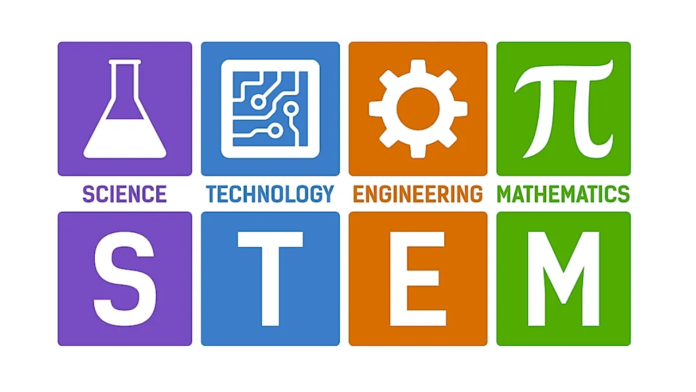Some stakeholders have urged the African Scientific Research and Innovation Council (ASRIC) to allocate more resources for girls and women to pursue Science, Technology, Engineering, and Mathematics (STEM) education.
They also urged the council to identify some of the challenges being faced by women in STEM education and tackle them.
They made the call on Friday at the 7th ASRIC Congress in Zanzibar, Tanzania in reaction to the low application of women in the ASRIC PHD scholarship flagship project.
The Executive Director, African Union Scientific and Technical Research Commission (AUSTRC) and ASRIC, Dr Ahmed Hamdy, said the council knew the importance of encouraging girls’ and women’s STEM education.
He added that equipping women to develop critical knowledge to be equipped for and participate in the Fourth Industrial Revolution was very important for Africa.
Hamdy said all the applications from women were carefully considered, screened to meet the stated requirements, age, availability of valid passports and sent to the necessary authorities for selection.
“ASRIC is a gender-informed organization, we don’t discriminate. When we get papers for review, we look at the relevance not names,’’ he said.
Dr Akanimo Odon, Head of Strategic Partnerships, Lancaster University, England, said it was important to identify the skills crisis that is leaving African girls and women non-prepared for the 21st century.
“Over the past decade, significant strides have been made in empowering women and young girls to pursue careers in Science Technology Engineering and Maths (STEM) fields.
“ASRIC should adopt these strides in order to turn around the number of women applying for the PhD scholarship,” he said.
Odon urged the council to identify grassroots initiatives to global programmes and direct them towards breaking down barriers and fostering inclusivity.
Prof. Mimmie Watts of the Federation University Australia highlighted the role of gender norms and cultural stereotypes that limit girls’ motivation and engagement with STEM.
She said, “Gender disparities in STEM fields are glaring and evident through the uneven representation of women across sectors and underrepresentation of women in STEM occupations is a worldwide phenomenon.
“Ladies are mostly caregivers and teachers who are often left to stay back and care for the home, they are also reinforced with the notion that boys are better in science and mathematics than they are.
“The gender gap starts in education, which in turn drives gender imbalances in STEM occupations, and in turn scholarship so it is imperative for ASRIC to work with communities.’’
Prof. Ekanem Braide, the outgoing President of the Nigeria Academy of Sciences (NAS), called for inclusion of the arts courses among the scholarship as a way to promote critical thinking and inclusion.
She said, “Introducing few art courses would generate more interests and understanding of science and technology and nurture their STEAM literacy and problem-solving ability.”
Bradie said that in STEM education adoption, it was useful to have integrated and multidisciplinary approaches that promote inclusion.
Prof. Yalem Mekommeh, the Vice President, Ethiopian Academy of STEM, said education played a significant role in achieving the Sustainable Development Goals (SDGs).
“One significant avenue for promoting gender diversity in tech is by supporting and showing women the opportunities in STEM careers, ” she said.
She urged the council to highlight key actions that can accelerate female transition in science and technology.
The Executive Director, African Union Scientific and Technical Research Commission (AUSTRC) and ASRIC, Dr Ahmed Hamdy, said the council knew the importance of encouraging girls and women STEM.
He added that equipping women to develop critical knowledge to be equipped for and participate in the Fourth Industrial Revolution was very important for Africa.
Hamdy said all the applications for scholarships are received, considered and screened to meet stated requirements, age, availability of valid passport and sent to the necessary authorities for selection.
“ ASRIC is a gender-informed organization, we don’t discriminate. When we even get papers for review, we look at the relevance most,’’ he said.
(NAN)



